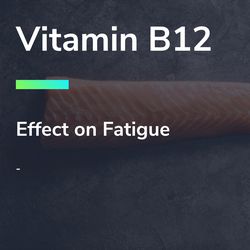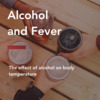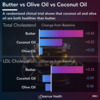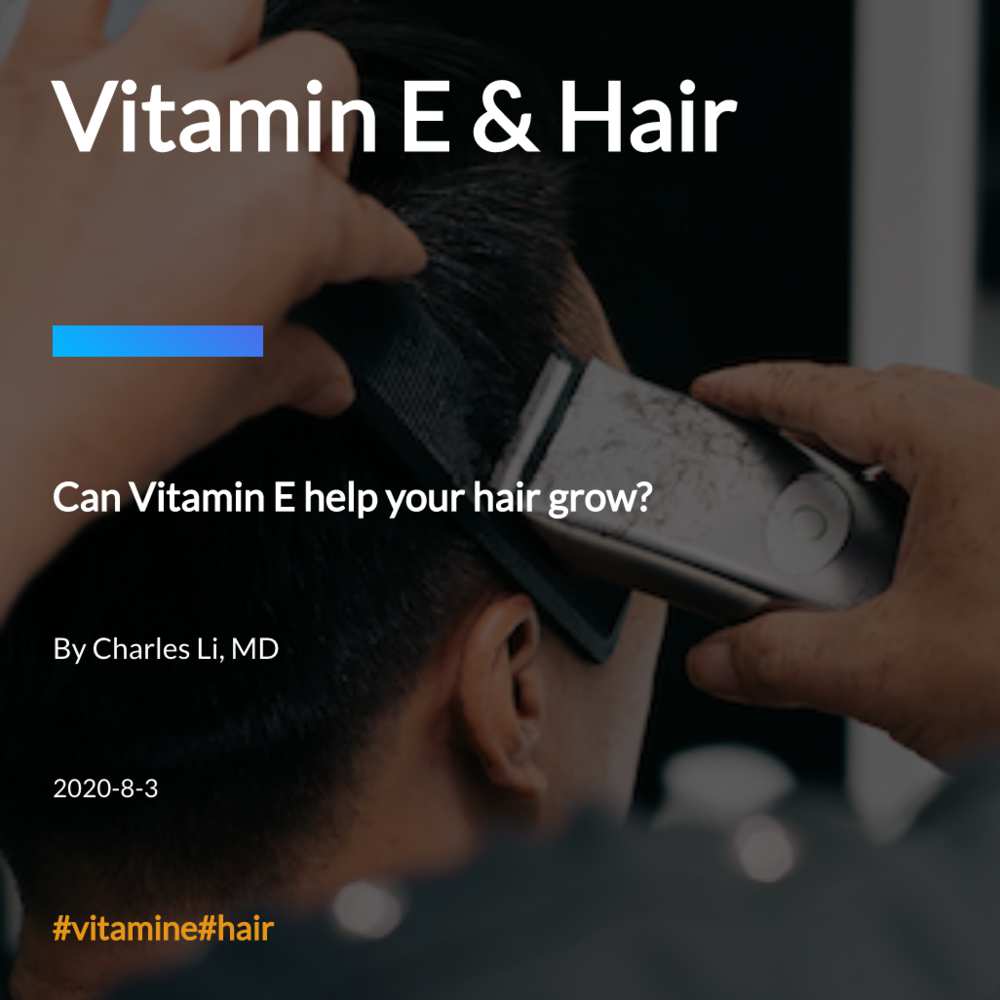
Key Points

1. Vitamin E & Hair Growth
One small clinical trial showed that Vitamin E may lead to more hairs, though not necessarily more volume.

2. Antioxidants may play a role
Some research shows that oxidative stress can lead to hair loss. Vitamin E is a potent antioxidant.

3. Risks with Vitamin E Supplements
As far as we know, Vitamin E isn't completely harmless. Taking too much can lead to health risks, including a higher risk of mortality.
Study 1
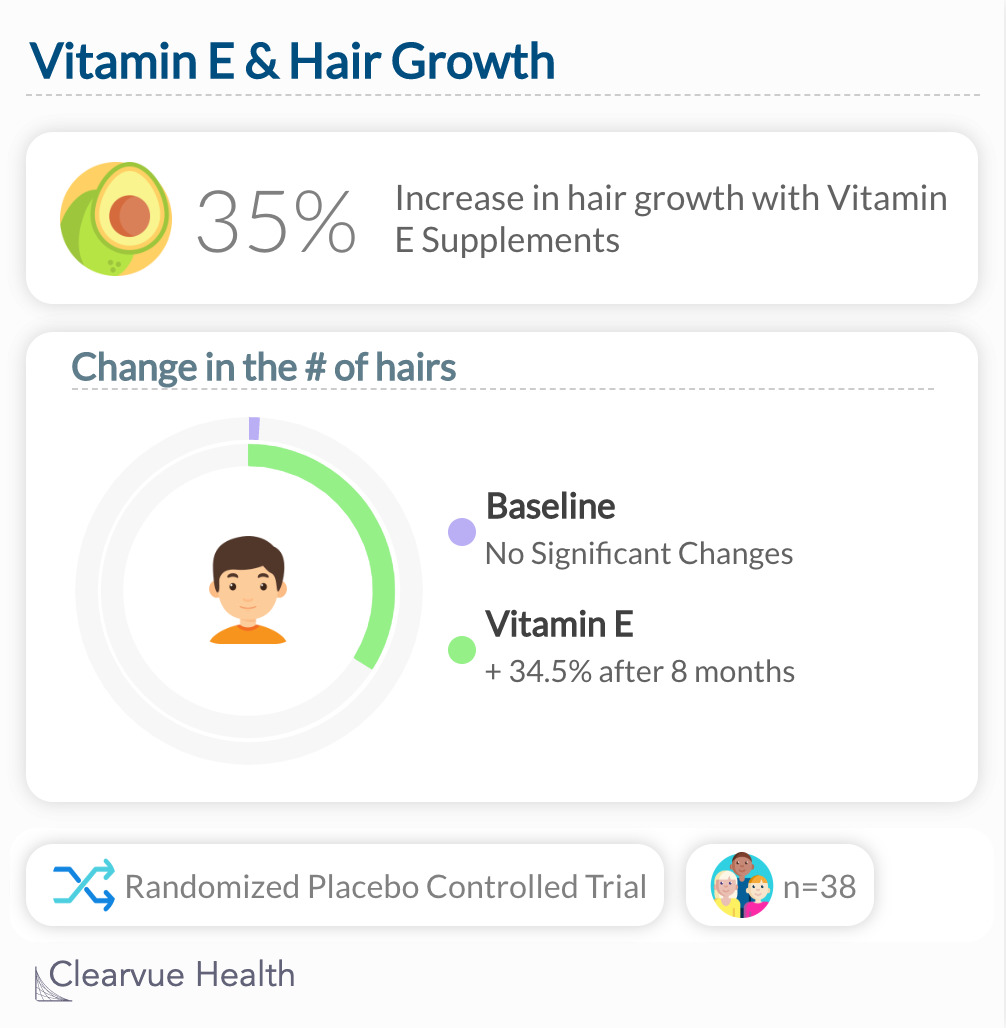
A small study found that Vitamin E can help prevent hair loss. Researchers gave volunteers either doses of Vitamin E or a placebo control. They found that those who were given Vitamin E experienced significant hair growth (34.5%) while those who were give the placebo did not.

Our Take
While this study was small and did not have the statistical rigor of other studies, it does offer evidence that supports the link between Vitamin E and hair growth.
Data Source
"The number of hairs of the volunteers in the tocotrienol supplementation group increased significantly as compared to the placebo group, with the former recording a 34.5% increase at the end of the 8-month supplementation as compared to a 0.1% decrease for the latter."
Study 2
Background
Key Facts
Examples

How they work
Antioxidants prevent cell damage by counteracting free radicals.

Effect on Disease
Research on Antioxidants and disease prevention has shown mixed results.
Common Sources

Chocolate

Berries & Fruit

Coffee

beta-carotene
Your body makes vitamin A with beta-carotene, commonly found in carrots.

Vitamin C
Found in all sorts of fruits, Vitamin C is a very commonly consumed antioxidant.
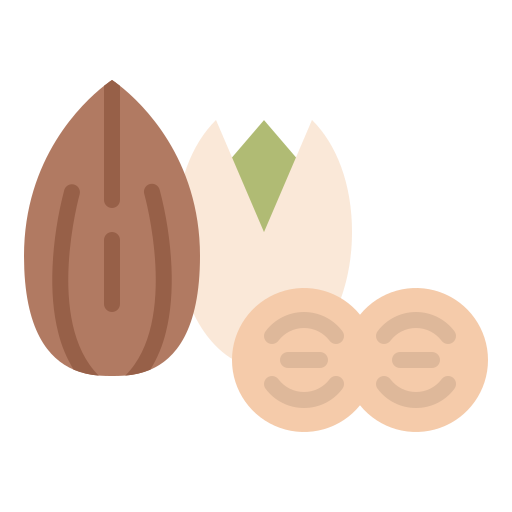
Vitamin E
Vitamin E can be found in nuts and seeds.

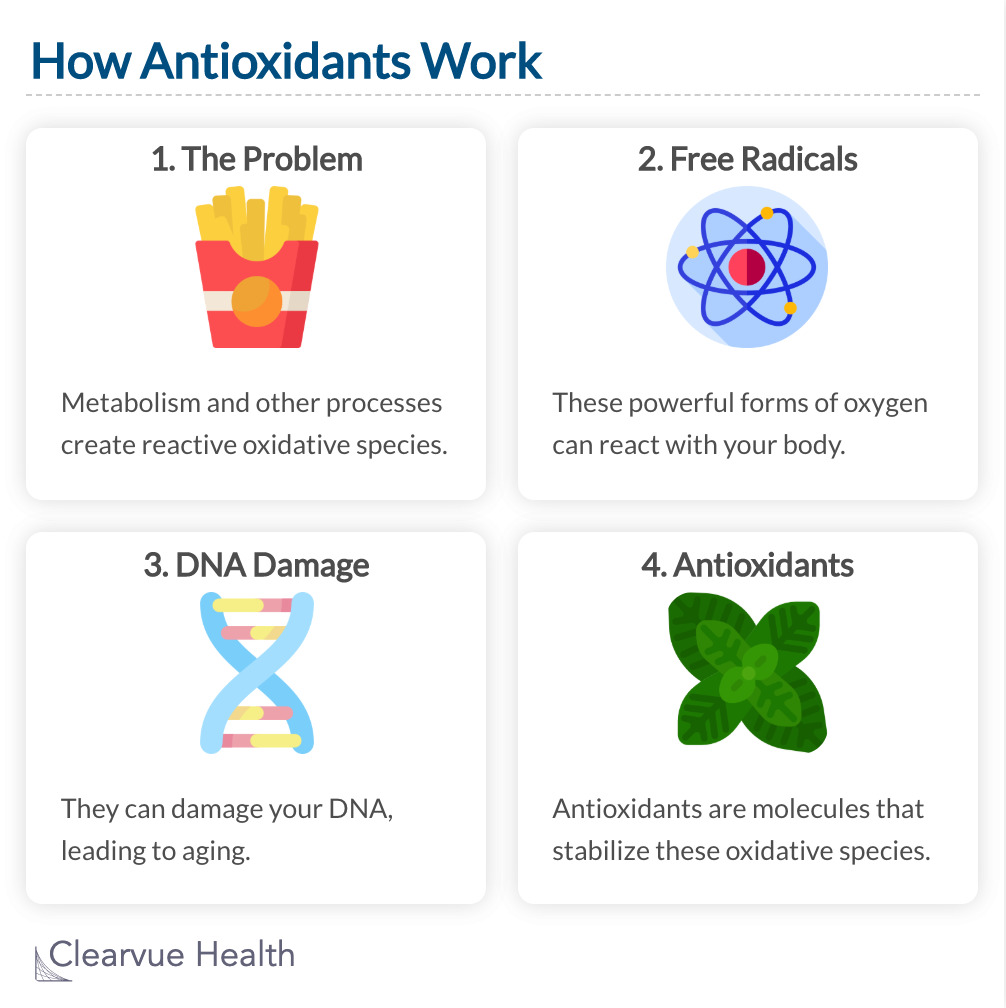
How Antioxidants Work: Metabolism and other processes create reactive oxidative species. These powerful forms of oxygen can react with your body. They can damage your DNA, leading to aging. Antioxidants are molecules that stabilize these oxidative species into harmless molecules.
Study 3
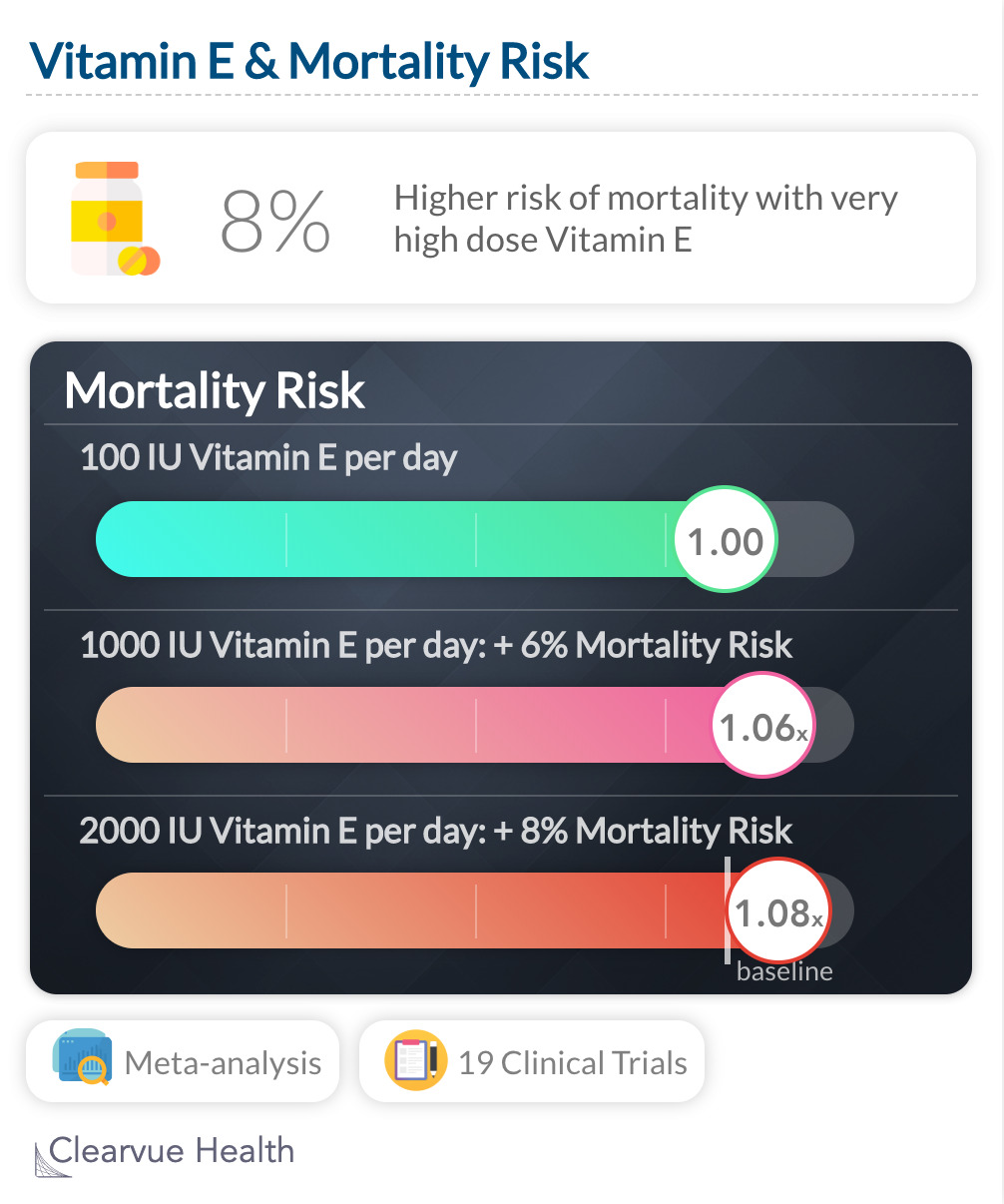
A meta-analysis that studied 19 clinical trials covering 135,967 participants found that Vitamin E supplements may be linked to higher mortality. 9/11 trials showed a higher risk of death with Vitamin E supplements. This effect was found to be highly significant, P = 0.035 for high dose Vitamin E supplements.
Data Source
"High-dosage (≥400 IU/d) vitamin E supplements may increase all-cause mortality and should be avoided. "
More Information

#vitamine
Scroll for more ->





#new
Scroll for more ->
